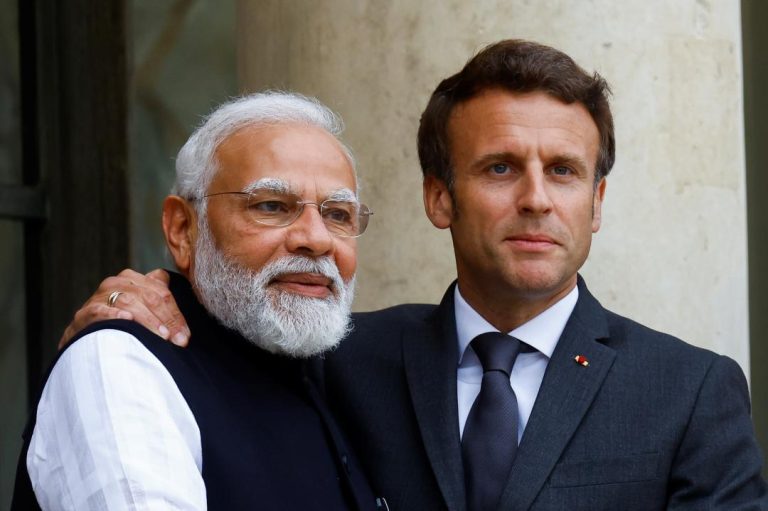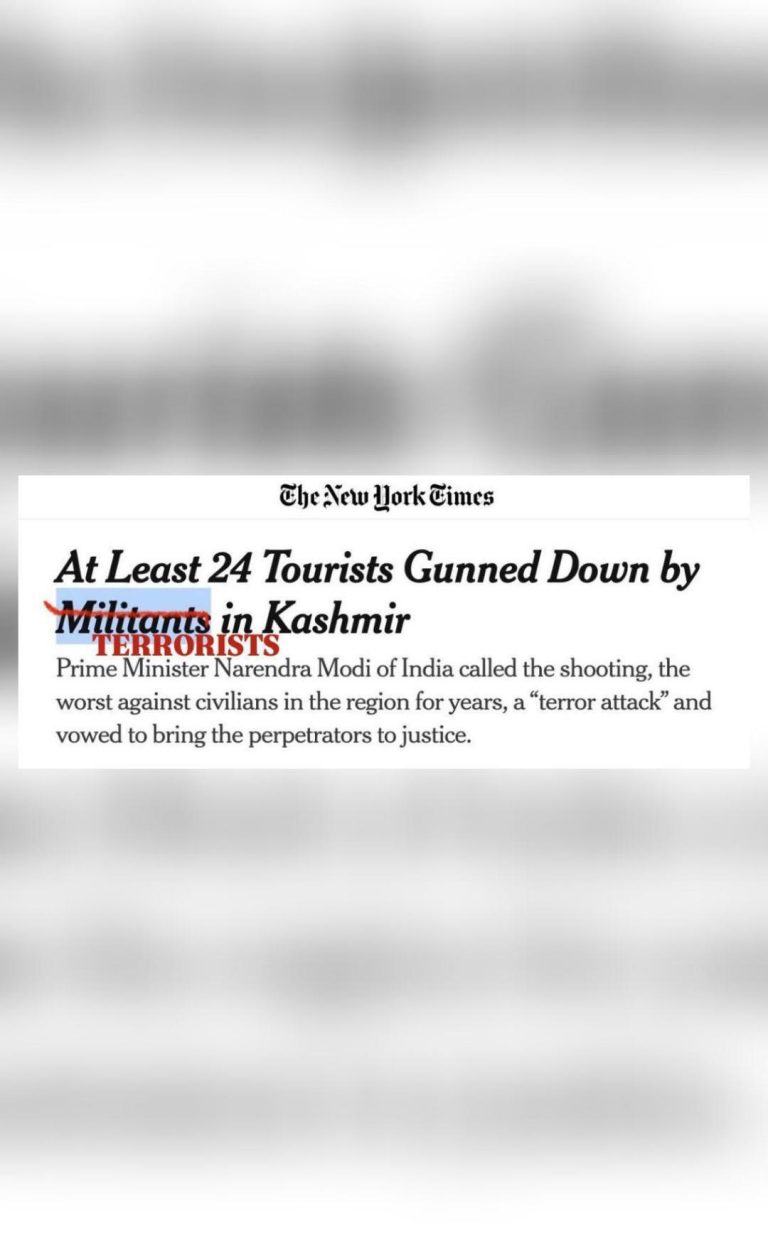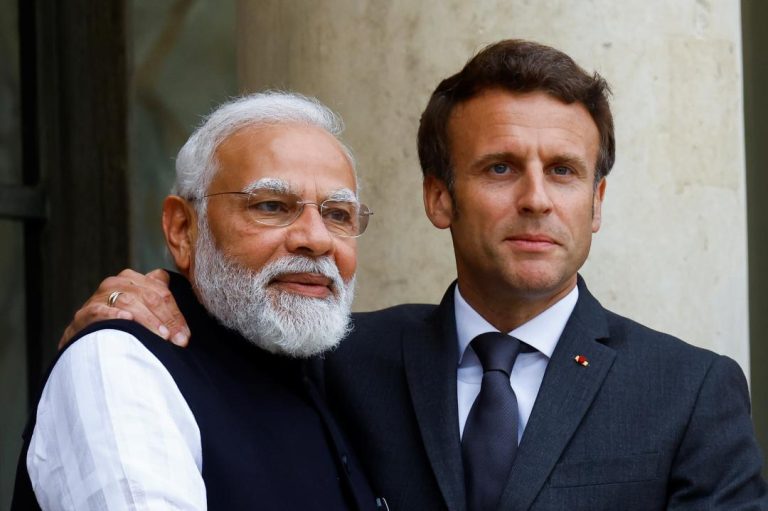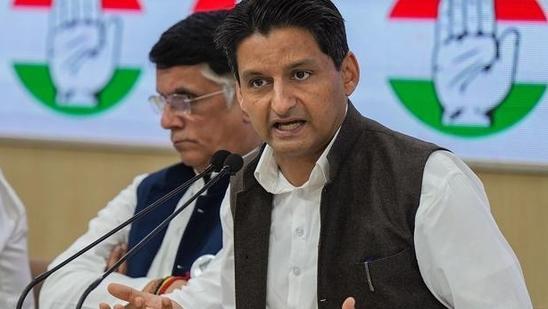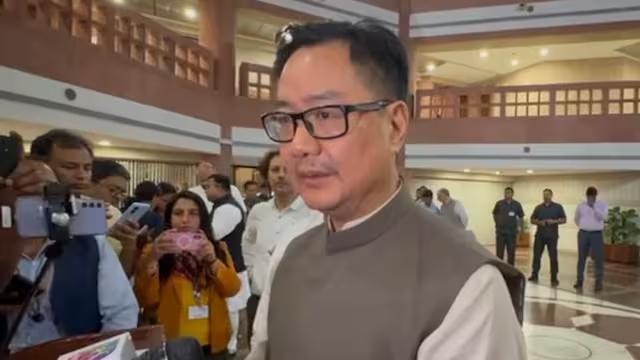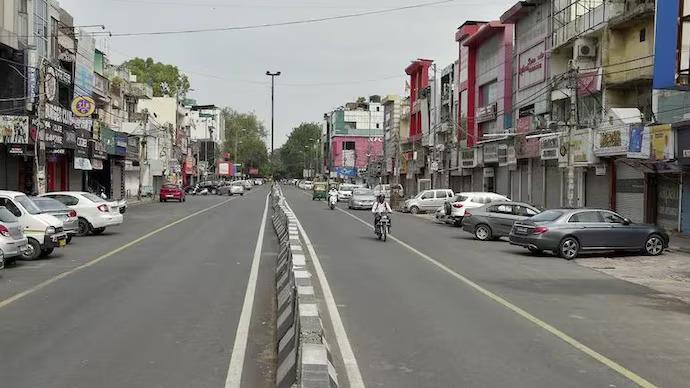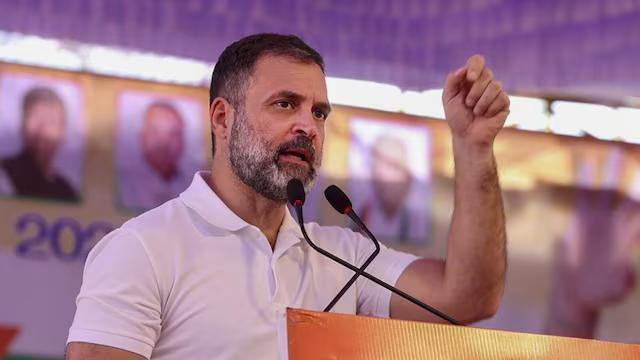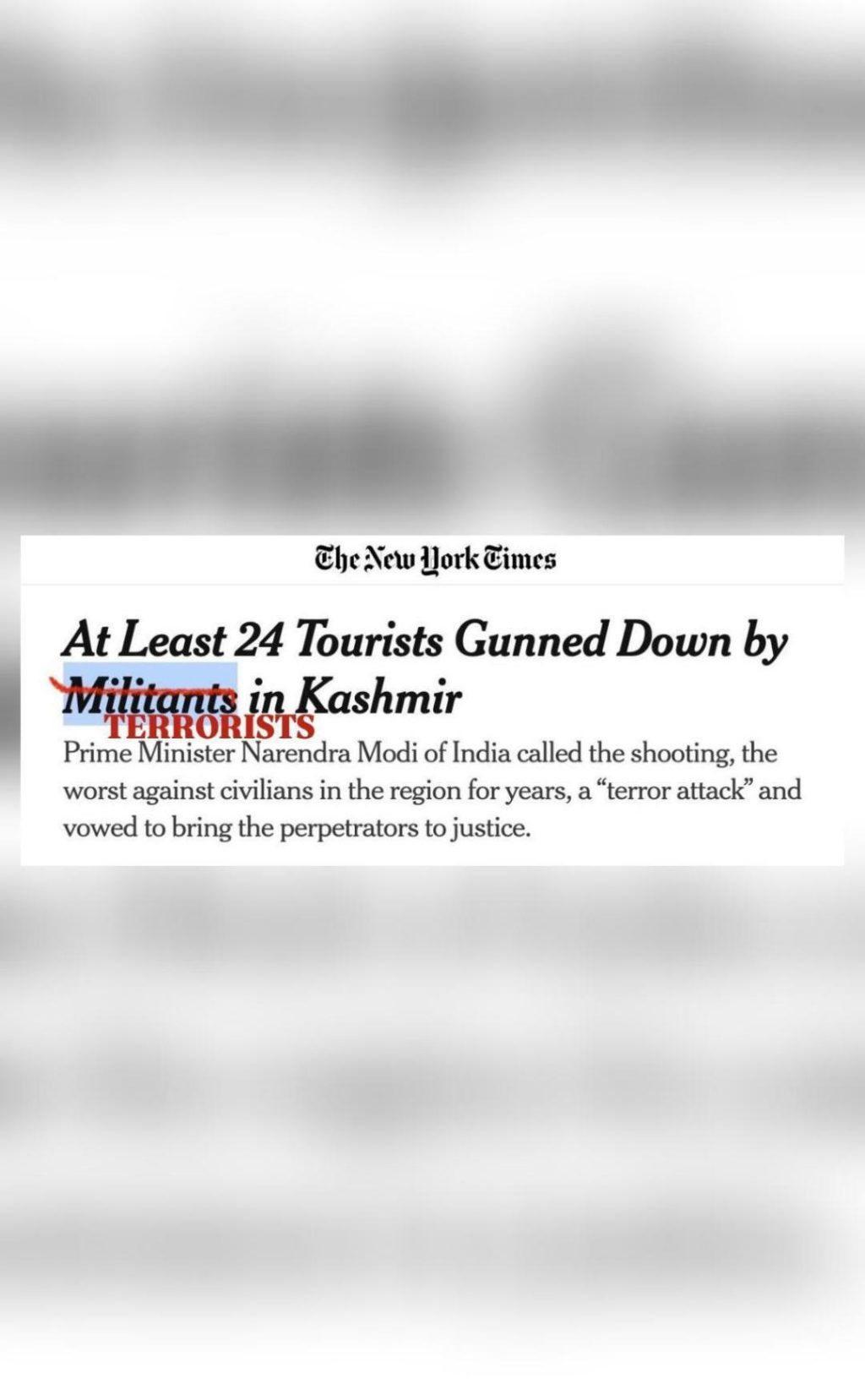
Hey NYT, fixed it for you: US committee after news portal calls J&K terrorists ‘militants’
In a recent tweet, the US House Committee on Foreign Affairs called out The New York Times for its use of the term “militants” to describe terrorists responsible for an attack in Jammu and Kashmir’s Pahalgam. The committee’s tweet was a stark rebuke of the Times’ decision, with the committee stating that the attack was, in fact, a “terrorist attack plain and simple”.
The original article in question was published by the Times, which referred to the terrorists behind the attack as “militants”. This decision was met with swift criticism from the US House Committee on Foreign Affairs, which took to Twitter to express its discontent.
“Hey NYT, we fixed it for you…This was a TERRORIST ATTACK plain and simple…Whether it’s India or Israel, when it comes to TERRORISM, NYT is removed from reality,” the committee tweeted, accompanied by a screenshot of the original article.
The committee’s tweet quickly went viral, with many expressing their agreement with the committee’s stance. The use of the term “militant” to describe terrorists can be seen as downplaying the severity of their actions, and the committee’s tweet sought to correct this perceived mistake.
The decision by the Times to use the term “militant” instead of “terrorist” is not a new one. The newspaper has faced criticism in the past for its use of language when describing terrorist attacks, with some arguing that it can be seen as being overly sympathetic to the perpetrators.
In this case, the Times’ decision to use the term “militant” instead of “terrorist” has been met with widespread criticism. The US House Committee on Foreign Affairs is not the only entity to express its discontent with the Times’ decision, with many others taking to social media to express their outrage.
The attack in Pahalgam was a devastating one, with multiple people killed and many more injured. The use of the term “militant” to describe the perpetrators of the attack can be seen as downplaying the severity of their actions, and the committee’s tweet sought to correct this perceived mistake.
The committee’s tweet is not just a matter of semantics, but rather a reflection of the committee’s commitment to accuracy and truth. The use of the term “terrorist” to describe individuals who engage in violent acts of terrorism is a widely accepted and accurate description, and the committee’s tweet sought to reinforce this fact.
The committee’s tweet also highlights the importance of language in shaping our understanding of the world. The words we use to describe events and individuals can have a profound impact on how we perceive and respond to them, and the committee’s tweet sought to emphasize the importance of using accurate and truthful language.
In conclusion, the US House Committee on Foreign Affairs’ tweet was a necessary rebuke of The New York Times’ decision to use the term “militant” to describe terrorists responsible for an attack in Jammu and Kashmir’s Pahalgam. The committee’s tweet was a reminder that the use of accurate and truthful language is essential in shaping our understanding of the world, and that the term “terrorist” is an accurate and widely accepted description of individuals who engage in violent acts of terrorism.
Sources:
